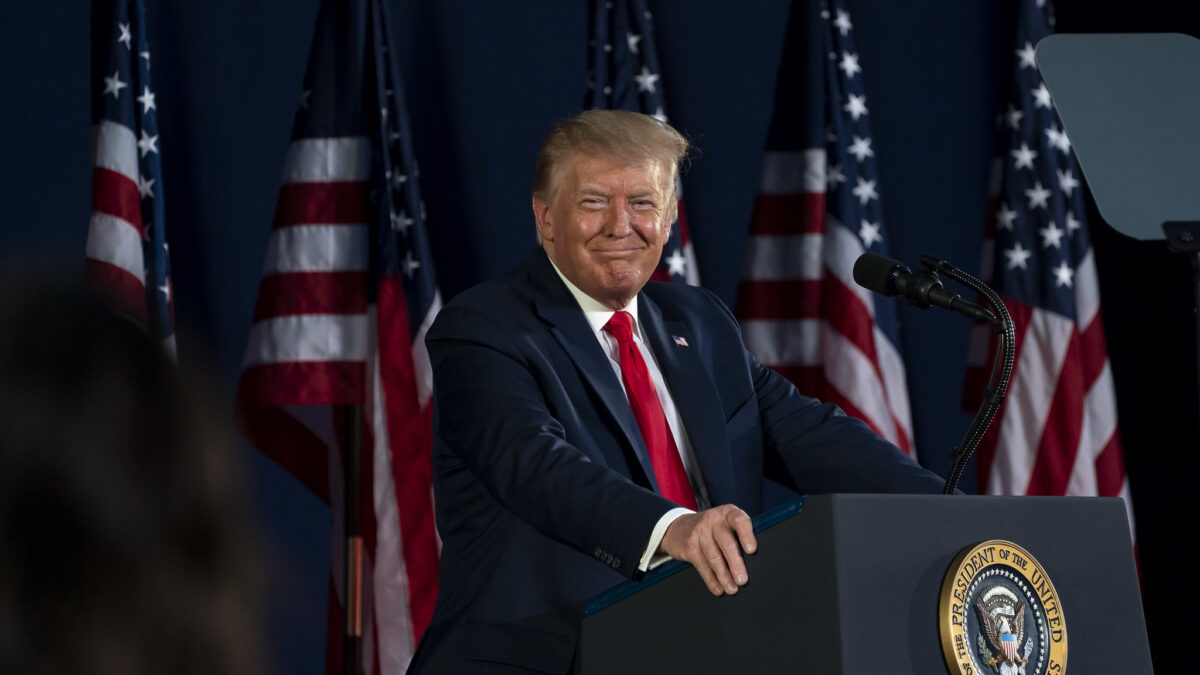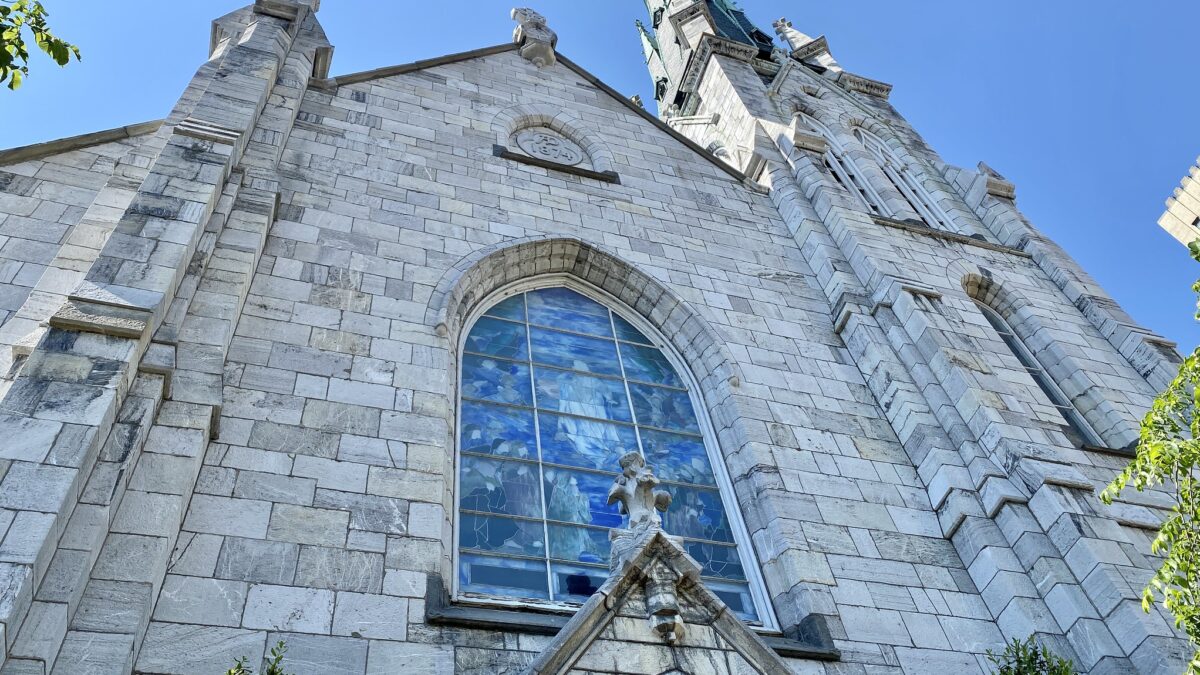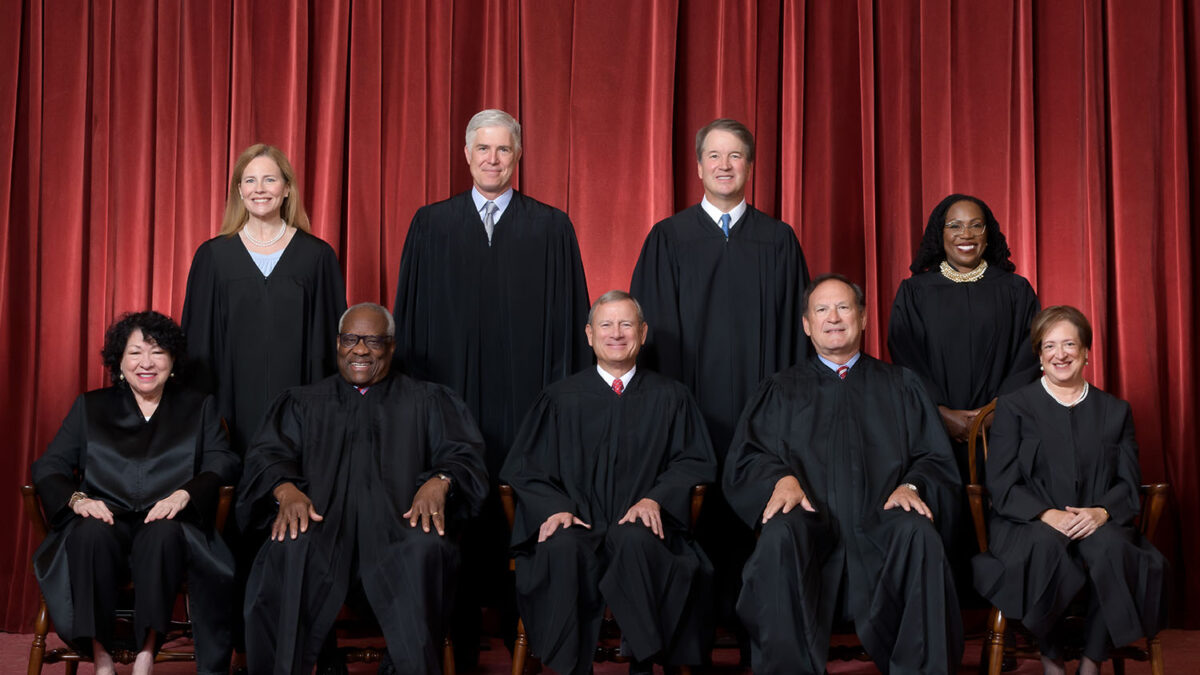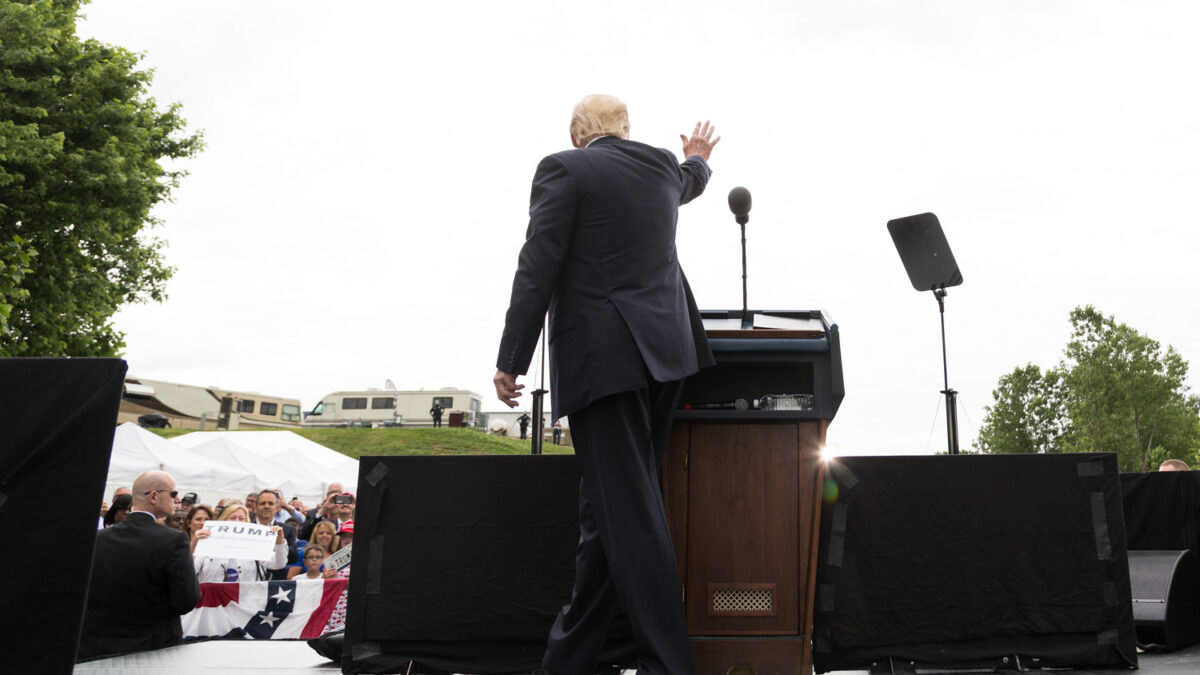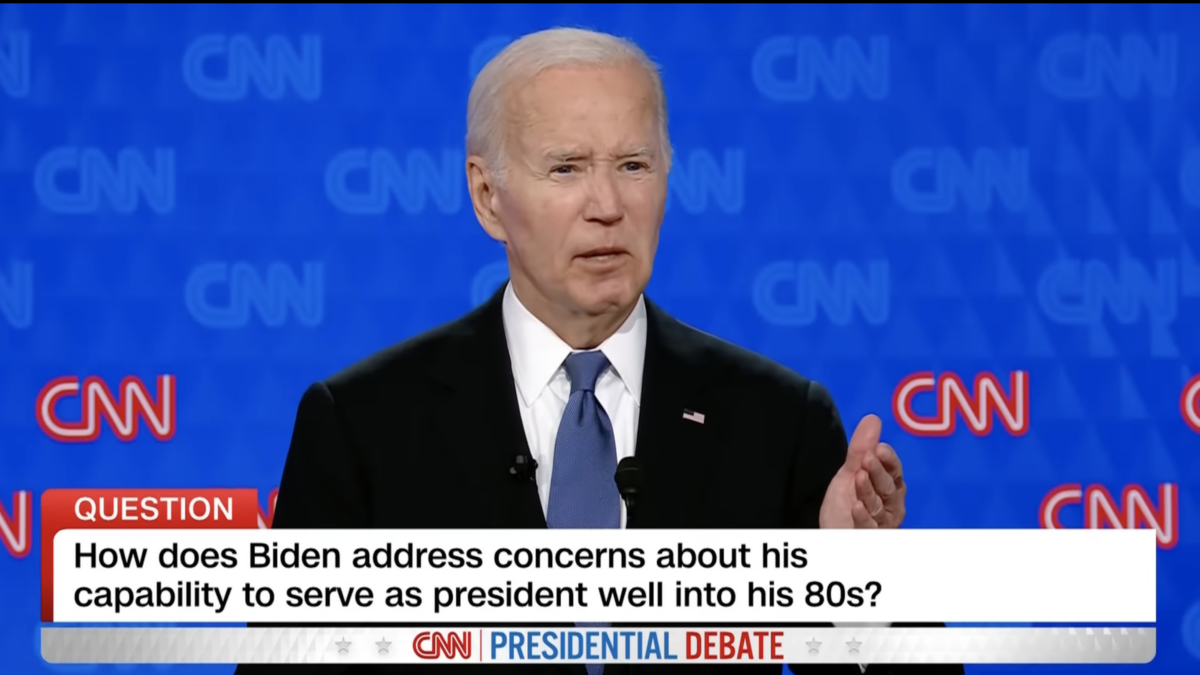With President Joe Biden’s poll numbers sinking and inflation rising, Democrats have achieved another historic feat this week: convicting a former president on felony charges for the first time in U.S. history.
The Manhattan criminal trial, led by Democrat District Attorney Alvin Bragg, entered its final stage on Thursday. After just 10 hours of deliberation, and a request to re-hear testimony from tabloid publisher David Pecker and President Trump’s disbarred former counsel Michael Cohen, the jury returned a guilty verdict against President Donald Trump on all 34 felony counts of falsifying business records. President Trump is now awaiting his sentencing hearing in July. He is expected to appeal.
Here’s the latest information you need to know about each case.
Read our previous installments here.
Manhattan, New York: Prosecution by DA Alvin Bragg for NDA Payment
How we got here: In this New York state criminal case, Manhattan District Attorney Alvin Bragg — who The New York Times acknowledged had “campaigned as the best candidate to go after the former president” — charged former President Donald Trump with 34 felony charges for alleged falsification of business records. Trump’s former attorney Michael Cohen paid pornographic film actress Stormy Daniels shortly before the 2016 presidential election as part of a nondisclosure agreement in which she agreed not to publicize her claims that she had an affair with Trump (who denies the allegations). Nondisclosure agreements are not illegal, but Bragg claims Trump concealed the payment to help his 2016 election chances and in doing so was concealing a “crime.”
Judge Merchan, a donor to Biden’s campaign and an anti-Trump cause in 2020, has issued a gag order on President Trump generally prohibiting him from publicly speaking on possible jurors, witnesses, and other personnel in this case.
Latest developments: This criminal trial concluded on Thursday, May 30, with the jury returning a guilty verdict on all 34 felony counts of falsifying business records. This case marks the first time a former U.S. president has been convicted of a felony. President Trump is expected to appeal the verdict.
Prior to the verdict, closing arguments in this case concluded late Tuesday evening, and the jury began deliberating on Wednesday. After about 10 hours of deliberation across two days, the jury returned its guilty verdict on Thursday.
The jury instructions confounded many legal scholars, and seemingly the jury as well. At their base, they indicated that the jurors could actually disagree on the underlying crime that Trump was alleged to have “covered up” with the payments at issue. So long as they believed that there was some underlying crime — never fully proven at any trial — then they could enter a guilty verdict. Moreover, the jury was never permitted to have a copy of the 55-page instructions, so jurors requested the judge re-read those instructions to them in the middle of their deliberations.
Recall also that former Federal Election Commission Chair Brad Smith was not permitted to testify as to the nature of the supposed underlying campaign finance violation. His longstanding belief — as reiterated in The Federalist — is that almost anything a candidate does can be interpreted as intended to “influence an election” but “not every expense that might benefit a candidate is an obligation that exists solely because the person is a candidate.” Had the jury believed that theory, or even had a chance to hear it, they might have concluded that there was no underlying crime and therefore whatever payments Trump made violated no laws.
The inherent conundrum in the jury’s conclusion is this: Federal election law expressly states that federal campaign funds are not available for the “personal use” of a candidate — for instance, a new suit or vacation travel. And, federal campaign funds were not used for Trump’s payments. However, the prosecution apparently persuaded the jury that the precise problem was that these were off-the-books transactions that were in furtherance of the campaign, despite the very personal nature of the expenditures. Under the prosecution’s theory, the “personal use” violation for campaign funds could be swept away, if anything a candidate does during, or even before, a campaign can now be considered a campaign expenditure. This is a new, gaping hole in federal law created by the Manhattan D.A.’s office.
President Trump’s sentencing hearing is now scheduled for July 11 — just four days before the Republican National Convention. But the sentencing hearing could be significantly delayed by President Trump’s expected appeal. President Trump will not be imprisoned while he awaits his July 11 sentencing.
At his sentencing, President Trump could potentially receive a prison sentence, home confinement, or probation. The prison sentence could be a maximum of four years for each of the 34 counts, but Judge Merchan has discretion to determine whether a prison sentence is appropriate. Legal experts have opined that it is unlikely for a person convicted of nonviolent crimes, and with no prior criminal history, to be sent to jail.
The conviction does not affect President Trump’s ability to run for president, though it may complicate his ability to run a modern presidential campaign. For instance, if he were to receive a sentence including home confinement, he may be forced to request permission from a New York bureaucrat for permission to travel to hold a campaign rally.
Fulton County, Georgia: Prosecution by DA Fani Willis for Questioning Election Results
How we got here: The Georgia state criminal case is helmed by District Attorney Fani Willis and her team of prosecutors — which until recently included Nathan Wade, with whom Willis had an improper romantic relationship. Willis charged Trump in August 2023 with 13 felony counts, including racketeering charges, related to his alleged attempt to challenge the 2020 election results in Georgia.
Latest developments: This case is on hold while awaiting consideration from an appeals court to determine whether Willis will be thrown off the case for prosecutorial misconduct.
Southern District of Florida: Prosecution by Biden DOJ for Handling of Classified Documents
How we got here: In this federal criminal case, Special Counsel Jack Smith and federal prosecutors with Biden’s Justice Department charged former President Trump in June 2023 with 40 federal charges related to his alleged mishandling of classified documents at his Mar-a-Lago residence. In early May, Judge Aileen Cannon postponed this trial indefinitely.
Latest developments: On May 28, Judge Aileen Cannon denied Special Counsel Jack Smith’s request for a gag order on President Donald Trump. Judge Cannon criticized the prosecution’s failure to follow proper court procedures in conferring with Trump’s legal team before requesting the order.
Washington, D.C.: Prosecution by Biden DOJ for Jan. 6 Speech
How we got here: In this federal criminal case, Special Counsel Jack Smith and federal prosecutors charged former President Trump in August 2023 with four counts of conspiracy and obstruction related to his actions on Jan. 6, 2021. President Trump’s lawyers have argued that immunity extends to actions taken by a president while acting in his official capacity and that, in any event, the First Amendment protects his right to raise legitimate questions about a questionable election process.
Latest developments: This case is currently stalled while awaiting a ruling from the Supreme Court on former President Trump’s immunity claim.
New York: Lawsuit by A.G. Letitia James for Inflating Net Worth
How we got here: In this New York civil fraud case, Democrat Attorney General Letitia James — who campaigned on going after Trump — sued former President Trump under a civil fraud statute alleging that he misled banks, insurers, and others about his net worth to obtain loans, although the loans have been paid back and none of the parties involved claimed to have been injured by the deals. Following a no-jury trial, Judge Arthur Engoron — whom Trump’s lawyers have accused of “astonishing departures from ordinary standards of impartiality” — issued a decision in February ordering Trump to pay a $454 million penalty. Trump has appealed this decision and posted a required $175 million appeal bond.
Latest developments: This case mostly remains on hold.


